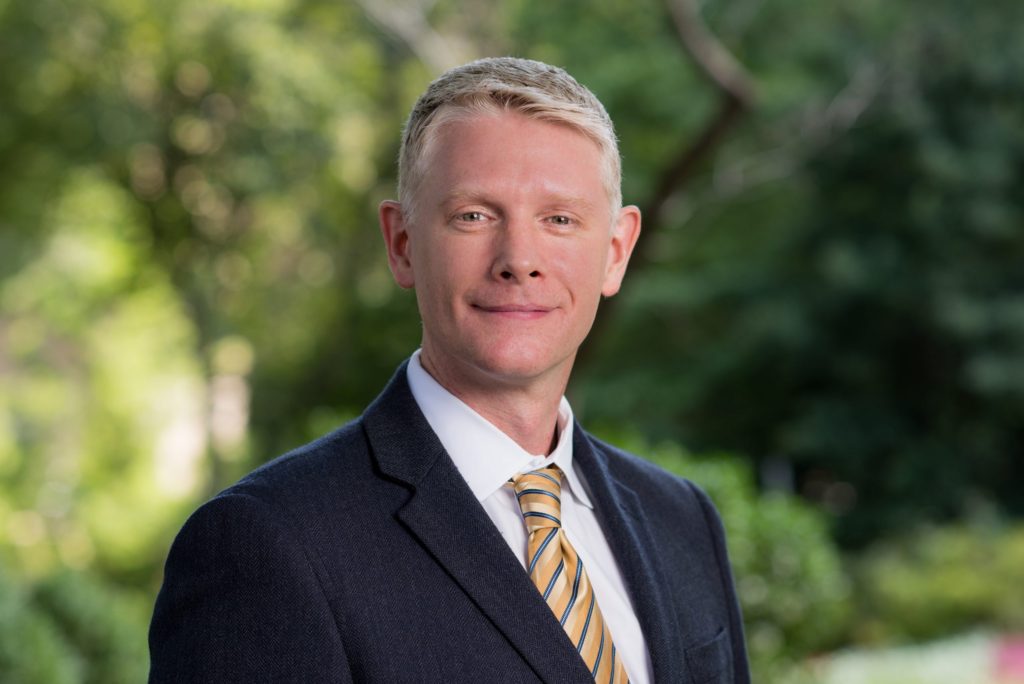Excerpts from the article:
The same is true for others living with OCD, many of whom are preoccupied by germs or illness. Society may be eagerly preparing for the summer to end all summers, but people with anxiety and an intolerance for uncertainty are not entirely optimistic. “The majority of people who don’t have OCD—their life will go back to normal,” Elizabeth McIngvale, the director of the McLean OCD Institute in Houston, told me. For many people with OCD, returning to “normalcy” isn’t as simple as eating indoors at restaurants again. It means recalibrating their brain.

Stress, illness, and major life transitions can make OCD worse, which is why the pandemic exacerbated many people’s symptoms. “Every therapist has a waitlist; everyone is looking for more help,” Jeff Szymanski, the executive director of the International OCD Foundation, told me. “People can’t find enough OCD specialists to hire.”

To read the entire article: “Returning to Normal Means Recalibrating the Brain – The Pandemic’s Retreat Doesn’t Necessarily Mean Life Will Get Easier For People With OCD,” on The Atlantic, click here:

